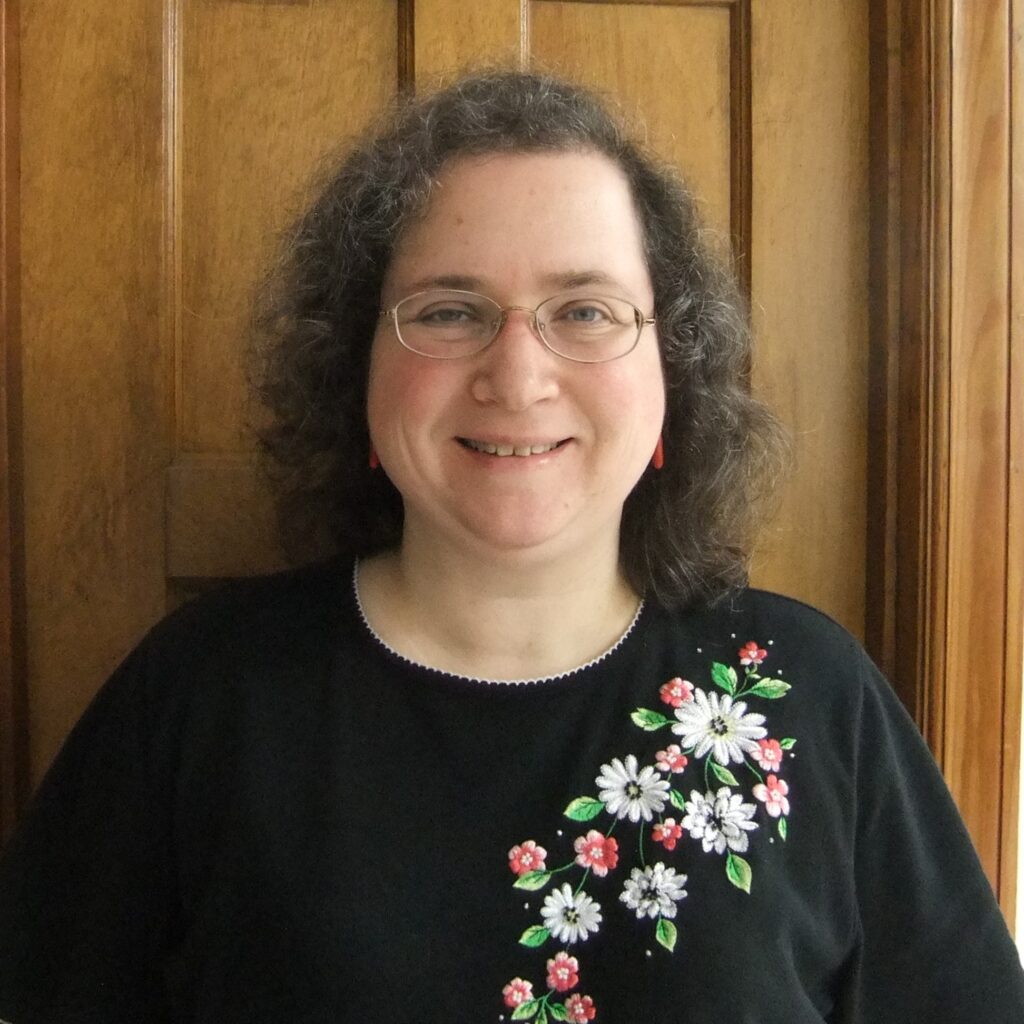Rabbi Pamela Barmash, PhD
Here is this thinker whose words shaped the essence of how I think about Judaism.

Washington University in St. Louis
St. Louis, MO
A Jewish Perspective
I first encountered Heschel in JTS Prozdor, a fantastic program for high school students. Some teachers and the other students mentioned Heschel, so I went and got a copy of God in Search of Man. I don’t know how much of it I read at the time, but when I reread it a couple of decades later, I was utterly shocked because so much of what I think as my essence was what I had read in Heschel. He shaped the way I see life. I absorbed the first part of the book into the very fiber of my being, but the rest of the book was completely new to me re-reading as an adult. Here is this thinker whose words shaped the essence of how I think about Judaism, how I think about life, the way I am as a human being, the way I am as a Jew, as a rabbi and a teacher.
The pieces that most appealed to me explored ultimate questions—how much human beings must strive to meet God, how we can think deeply amid all the busyness of life. I see these ideas in who I am as a person, in my vocation, and in my hobbies. I am someone who spends a great deal of time in nature. This is part of God’s Torah. For me, the field guide to the birds of Puerto Rico is almost as much Torah as the Bavli (Babylonian Talmud), or the Book of Yirmiyahu (Jeremiah) in the Bible. There’s something fantastic and wondrous about nature. This also emerges in my love of travel, because I’m going to places and seeing the world and societies as other people have shaped them.
Within the university, I run a Muslim-Jewish student dialogue group. Since October 7, I have been astonished by the Muslim alumni who have called to say they are thinking about me and they’re praying for peace. I don’t know how much I specifically knew of Heschel’s involvement in interfaith work, but the message I took is that human beings are human beings at the core, and we all think about the same things and struggle with the same things. This shared humanity was what I was striving for in my dialogue group so that the Muslim and Jewish students would know how much they share.
I am starting work on a commentary of Exodus. In a recent course I taught on Exodus, the students were surprised that the book continued after the Decalogue (Ten Commandments). Why does the book of Exodus keep on going? Wouldn’t the Decalogue (Ten Commandments) be an appropriate culmination of yetziat Mitzrayim (the Exodus from Egypt)? The story continues with a description of how the Tabernacle is to be built and then returns to the details a second time by describing how the Tabernacle was built. God took up a presence in the Tabernacle, and God’s presence was felt by the community. These details highlight a Heschel connection. Religion is not just the top three inches of a person, not just in the mind and in thought. We must reach out and work to bring God’s presence into the world.
Heschel wrote in God in Search of Man:
The Bible is a seed, God is the sun, but we are the soil. Every generation is expected to bring forth new understanding and new realization.
I’ve taught this in class, and for students it opens their eyes. It’s a new way of thinking, a new way of understanding the religious texts that we study. Scripture is at the center, but we all come to Scripture through different paths.